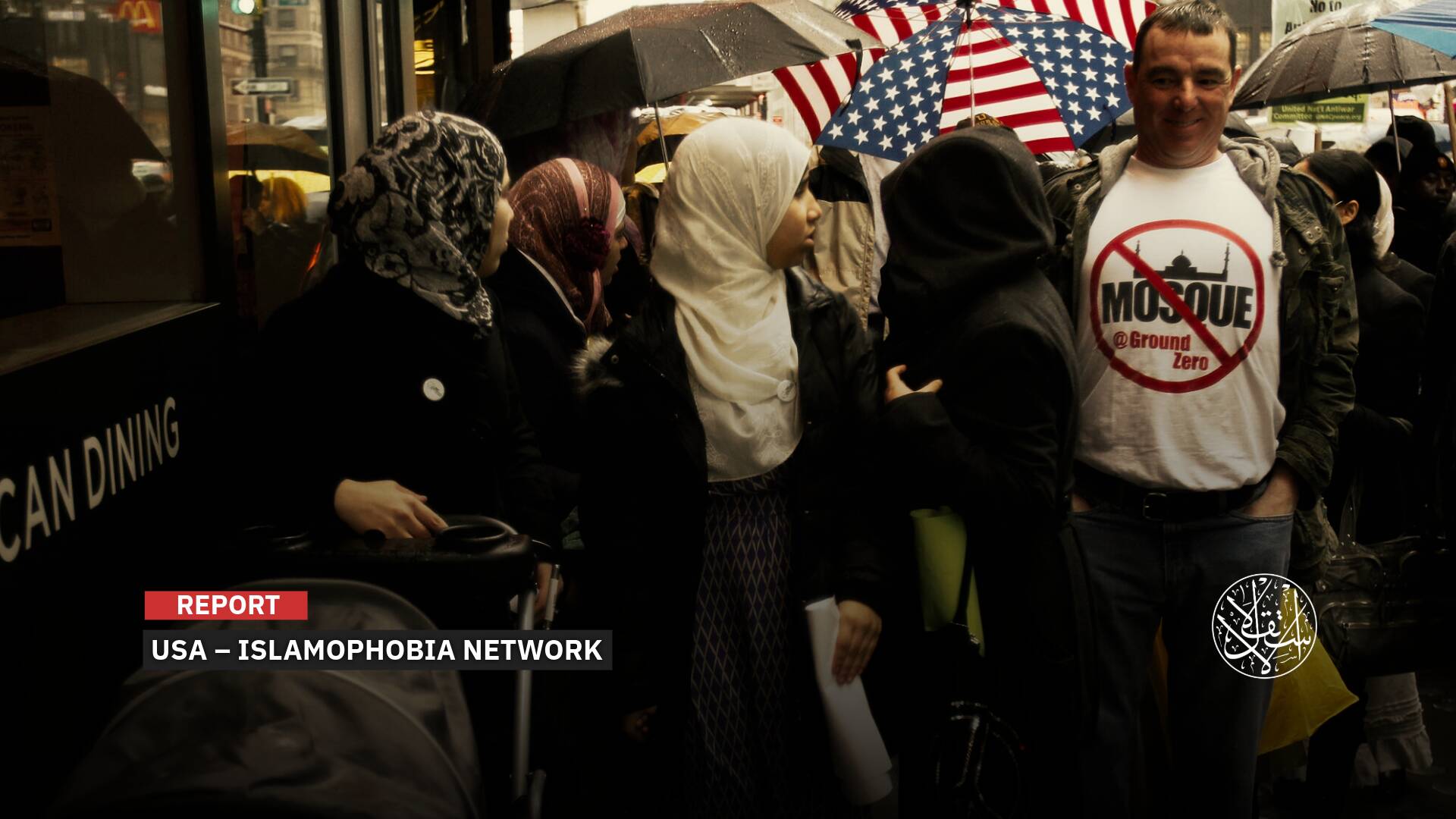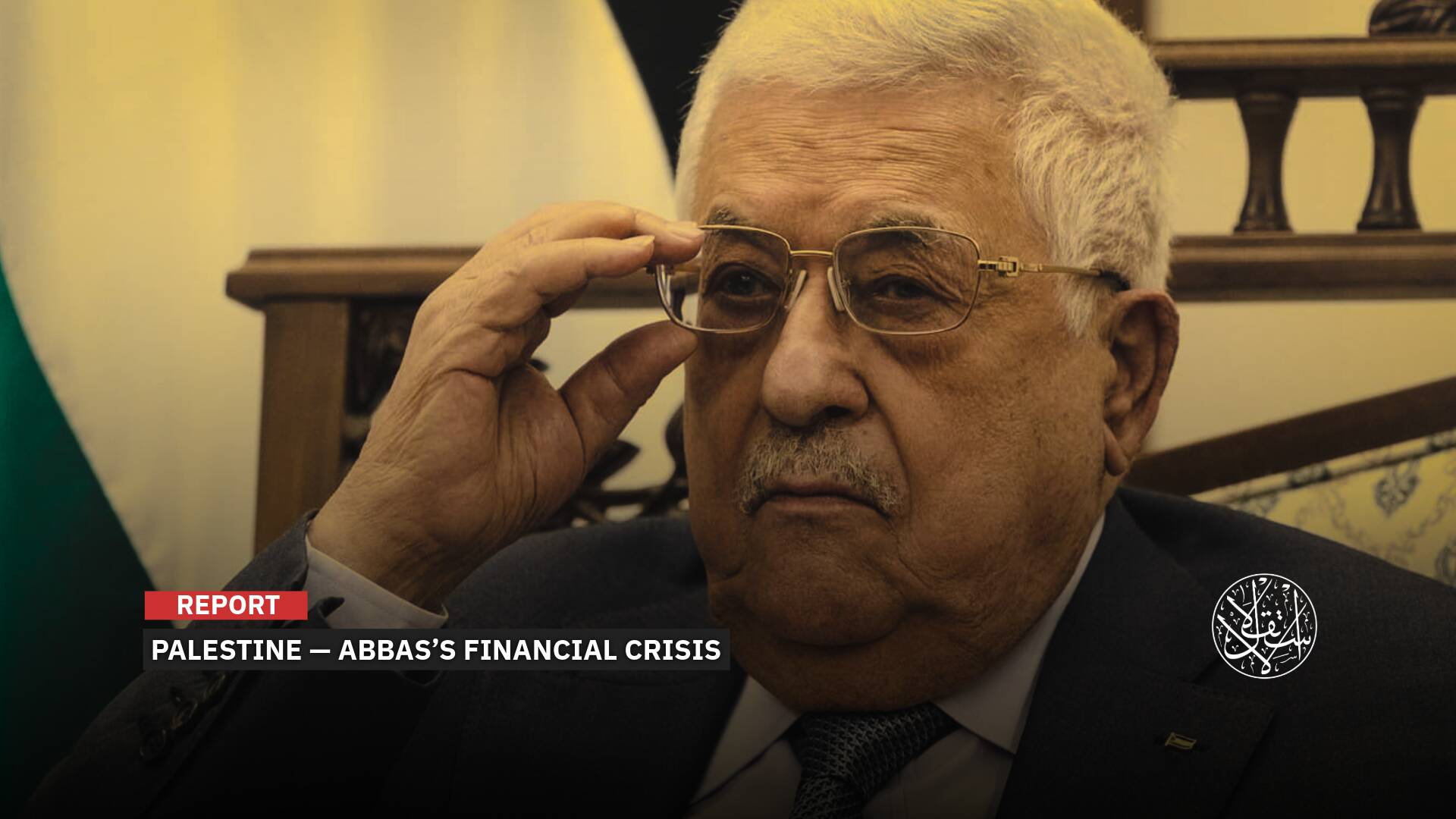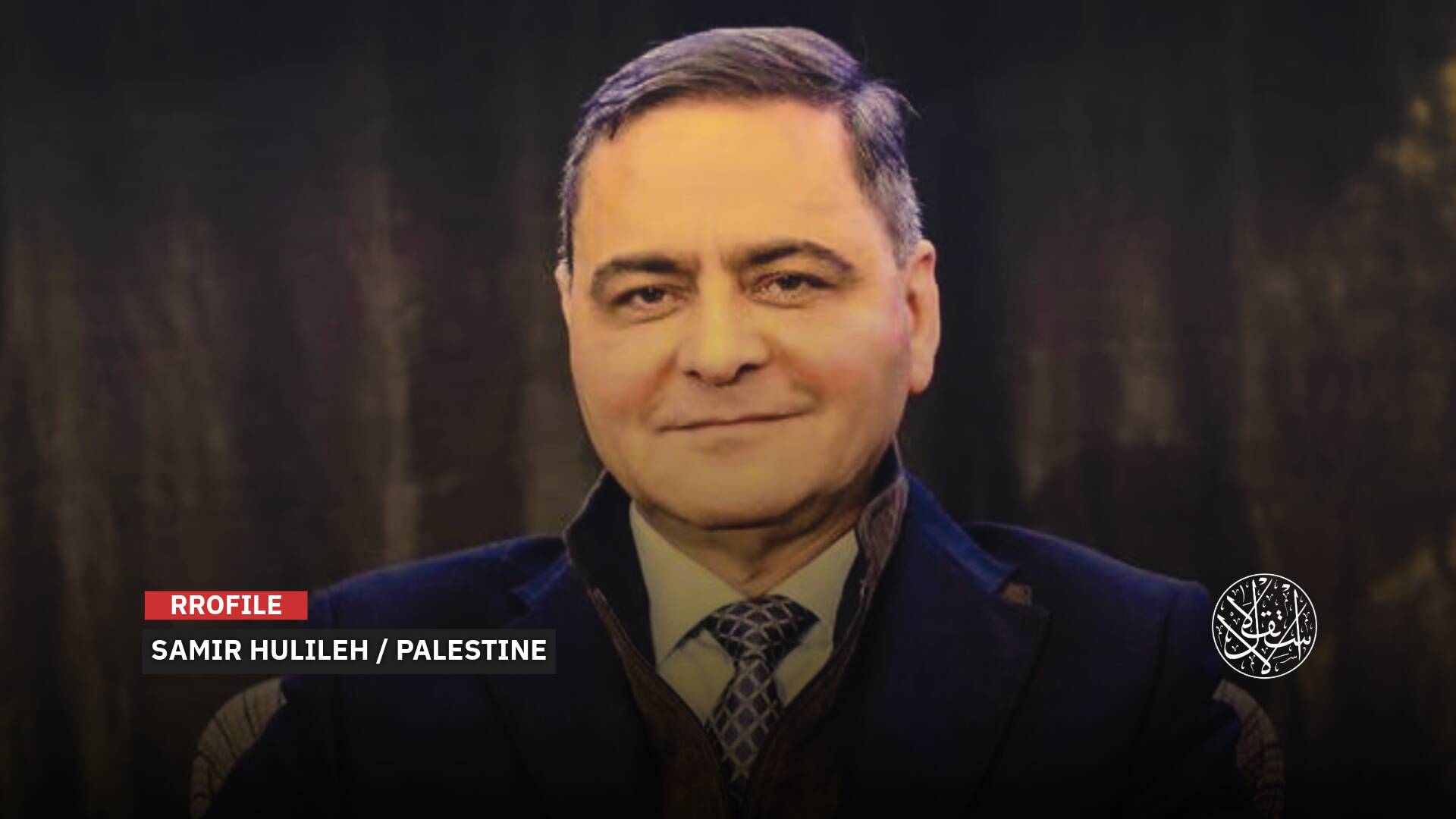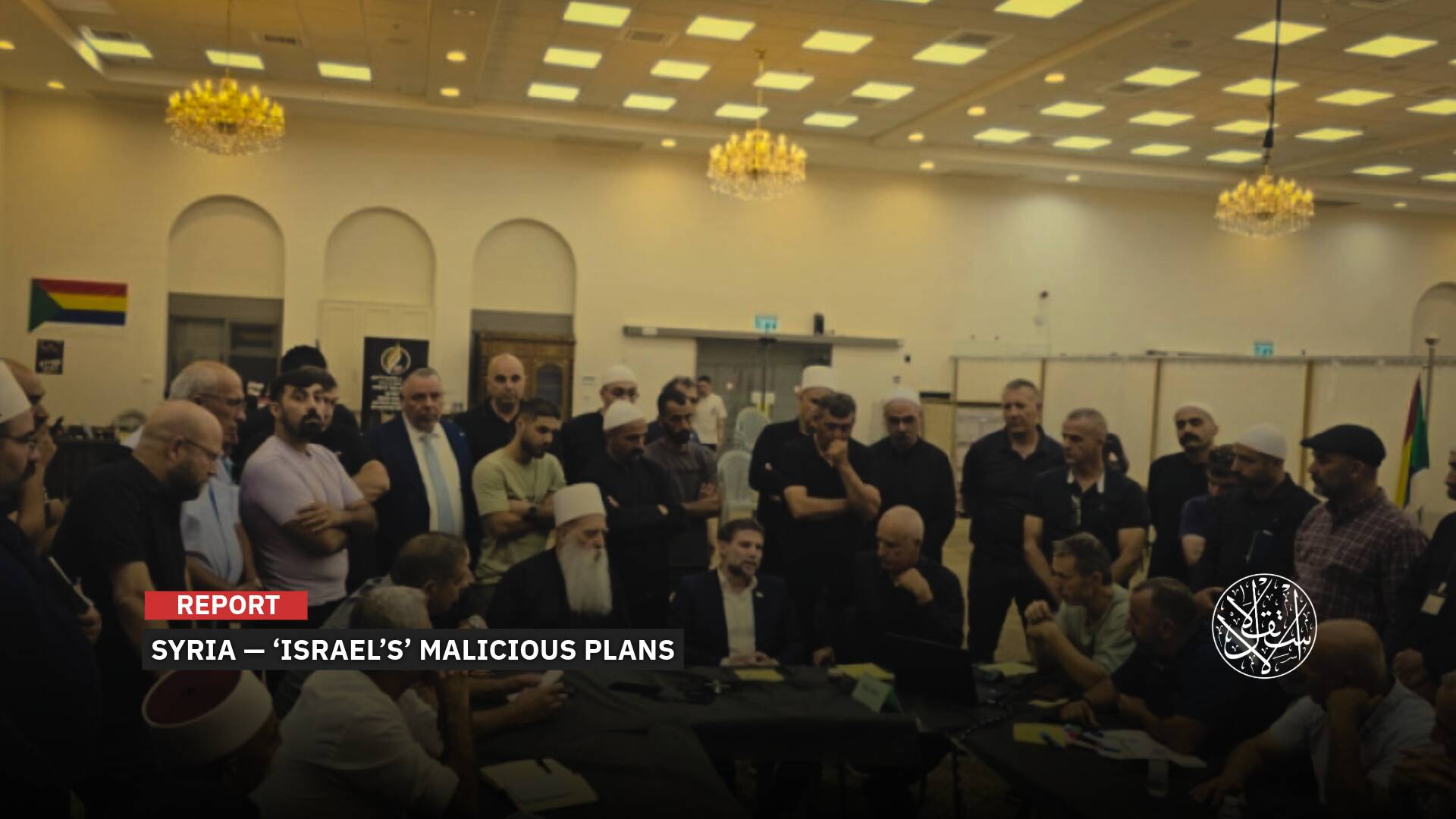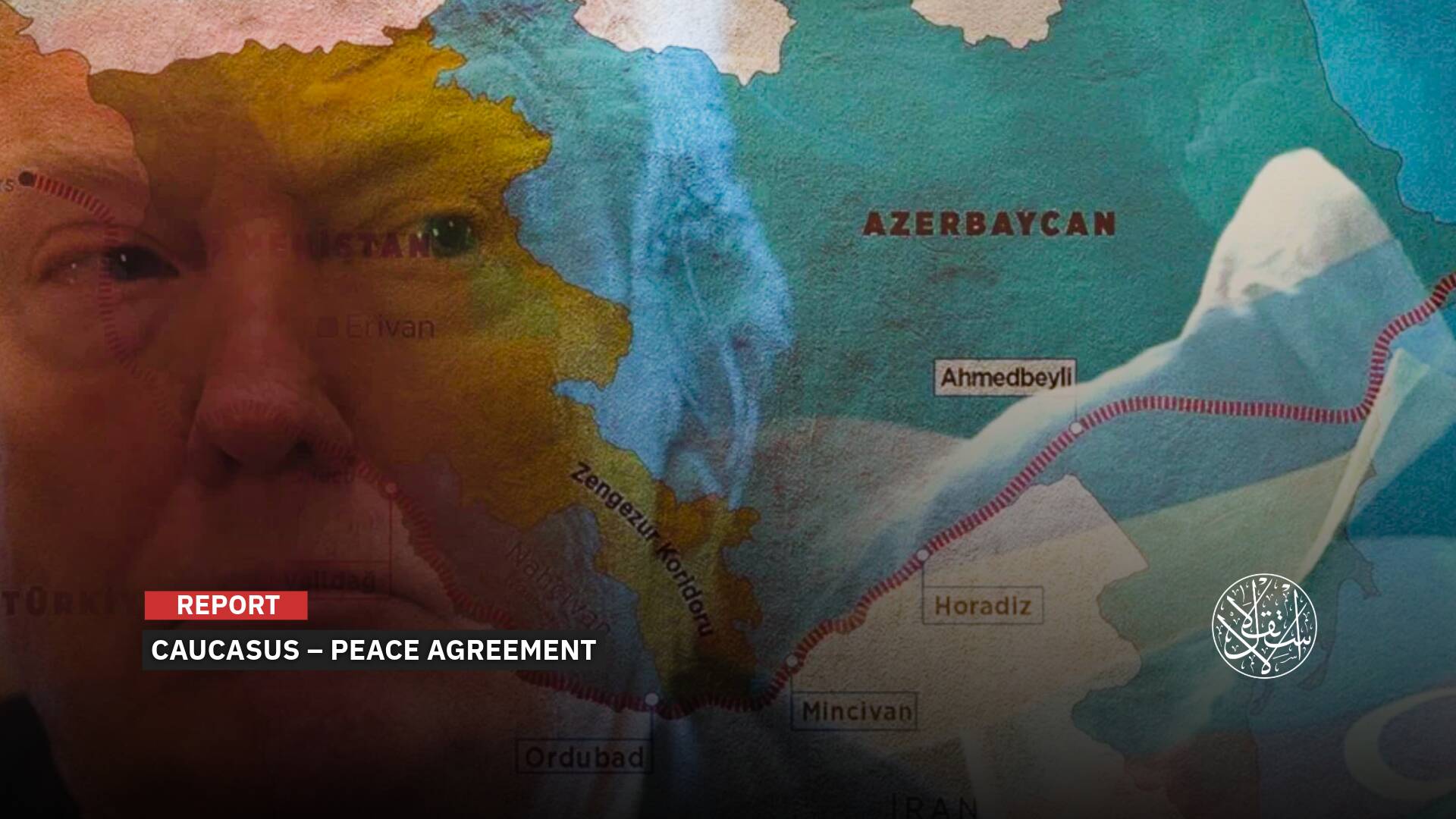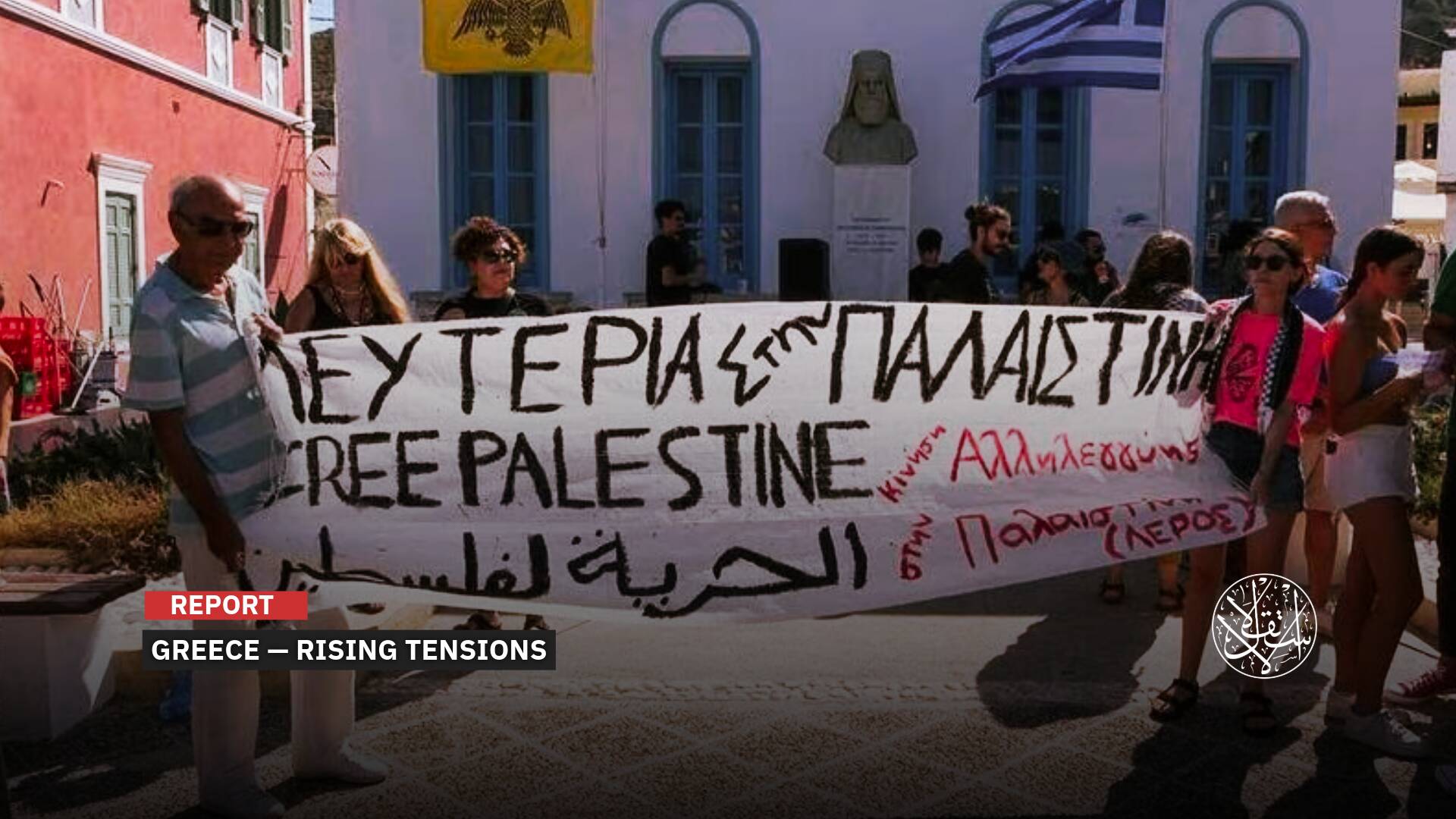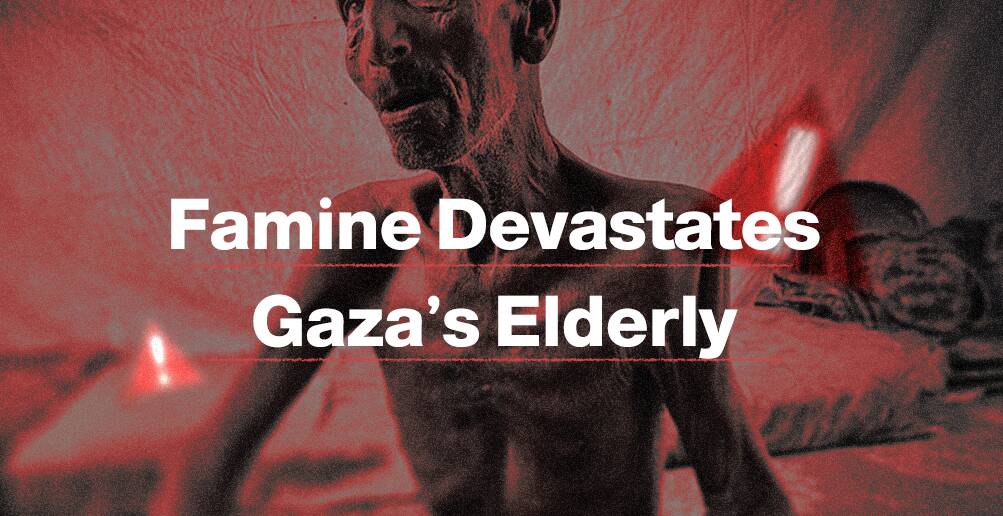How the Trump Administration Is Provoking Europe Into Conflict With the U.S.

“The US Vice President told Europeans that their values are no longer America’s values.”
The Trump administration is working to strengthen its influence within European far-right circles, in a move that has sparked controversy over the extent of US interference in European politics.
During his participation in the Munich Security Conference last week, US Vice President J.D. Vance accused European leaders of restricting free speech and failing to control migration, which sparked harsh European criticism that overshadowed discussions about the outcome of the war in Ukraine.
This speech caused tension between the U.S. and the EU, and gave impetus to far-right parties in Europe that agree with what Vance said, in addition to creating a division among European leaders over how to deal with the new American position.
At a global AI summit in Paris this month, Vance torched the EU's excessive regulation of the AI sector and hand-wringing about safety, and left the conference without signing its joint declaration.
Trump has never been a great supporter of Europe, as he once said that Europe treats us worse than China, while many previously predicted that a second Trump term would mark the end of the transatlantic relationship.
European Retreat
The 61st Munich Security Conference this month came amid heightened tensions between European and American leaders, as evidenced by US Vice President J.D. Vance’s sharp criticism of European leaders.
Instead of discussing the Trump administration’s vision for the Ukraine war, which he devoted only one sentence to, Vance criticized what he saw as a retreat from democratic values in Europe, attacking abortion policies and free speech, as well as migration, which he said had spiraled out of control in Europe.
He likened current European leaders to the autocrats who led repressive regimes across the continent during the Cold War.
He said the biggest challenge facing Europe today was mass migration, linking the February 13 terrorist attack in Munich to a series of decisions by European politicians.
He cited the Romanian constitutional court’s annulment of the presidential elections’ results over foreign interference concerns, the recent hate crime conviction in Sweden of a man for burning the Quran, and the 2024 conviction of a man in the UK for breaching an abortion clinic safe zone to pray, as evidence Europe is backsliding on democracy.
He also condemned an EU law that could enable governments to shut down social media in times of social unrest.
He called on European leaders to give citizens the freedom to express their opinions and respond to the will of their people, including by allowing far-right political parties to participate in governments.
With Germany's snap elections set for February 23, Vance called for an end to political barriers that prevent far-right parties, such as the Alternative for Germany (AfD), from forming governments.
“Democracy is based on the sacred principle that the voice of the people matters,” he said, stressing that politicians must respect the choices of voters.

Unprecedented Intervention
Hours after In his speech, Vance met with AfD leader Alice Weidel, becoming the highest-ranking American official ever to meet with the party.
This was seen as a breach of taboos in German politics aimed at keeping the far-right party out of the mainstream or any governing political alliances.
Vance’s actions represented an unprecedented intervention in European politics, drawing condemnation from senior officials, including Friedrich Merz, the leader of the Christian Democratic Union (CDU) and the front-runner for chancellor.
Merz responded to Vance by calling him an interloper and saying, “We respect the presidential and parliamentary elections in the U.S. and expect the U.S. to do the same here.”
Scholz joined in the response to Vance, saying he supported a party that downplayed the dictatorship of Adolf Hitler, something he said most German voters categorically rejected.
German Defense Minister Boris Pistorius described Vance's comments on Europe as unacceptable, adding that he strongly disagreed with what was said during the conference about Europe suppressing or silencing minorities.
On her part, EU's foreign policy chief Kaja Kallas said, “Vance was trying to pick a fight with us, and we don’t want to pick a fight with our friends.”
Former US Ambassador to Russia Michael McFaul considered Vance's comments insulting and not based on reality.
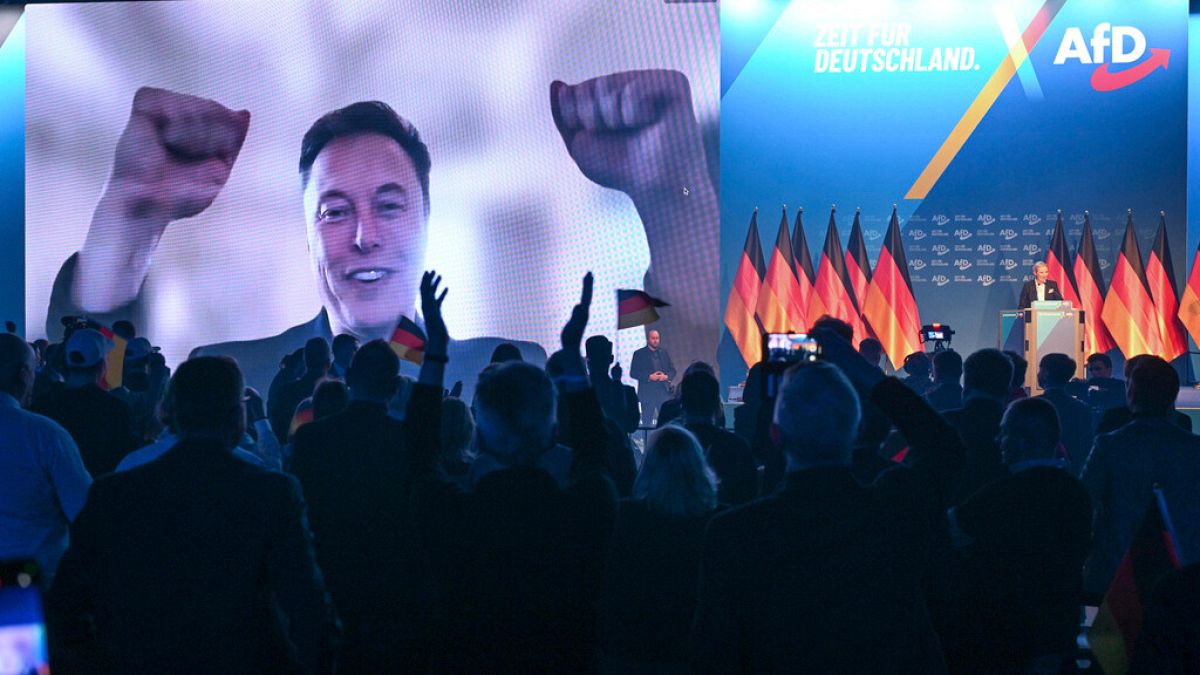
Ideological Convergence
The Trump administration is focusing on supporting populist parties in Europe that adopt an anti-immigration and isolationist agenda to create a common front against globalism, liberal elites, and multiculturalism.
These parties include the Reform Party in the UK, Marine Le Pen's National Rally in France, as well as the support of leaders such as Hungary’s Viktor Orban and Italy’s Giorgia Meloni.
The director of the German Marshall Fund’s Geostrategy North, Kristine Berzina, told the Guardian that there is a clear political and ideological convergence between the Trump administration and these parties, warning that this could lead to unprecedented developments within European politics.
Expectations have been raised that such moves could lead to a rise in nationalist and populist tendencies in Europe, which could affect the stability of the EU.
It is not unlikely that the Trump administration will resort to imposing punitive economic policies on European governments that do not align with its orientations, such as imposing tariffs on some European countries based on the formation of their internal political alliances, which was previously considered unthinkable.
Washington announced this month that it would roll out 25% tariffs on all imports of aluminium and steel, including from Europe, and slap reciprocal tariffs on US partners on the basis of country-by-country examination.
Although Trump won the presidency by the narrowest margin of the popular vote, he seeks to reshape the U.S’ domestic and foreign policies, including its relationship with its European allies.
It is noteworthy that Trump had been severely criticized by some European leaders after the storming of the Capitol on January 6, 2021, and during his second presidential campaign.
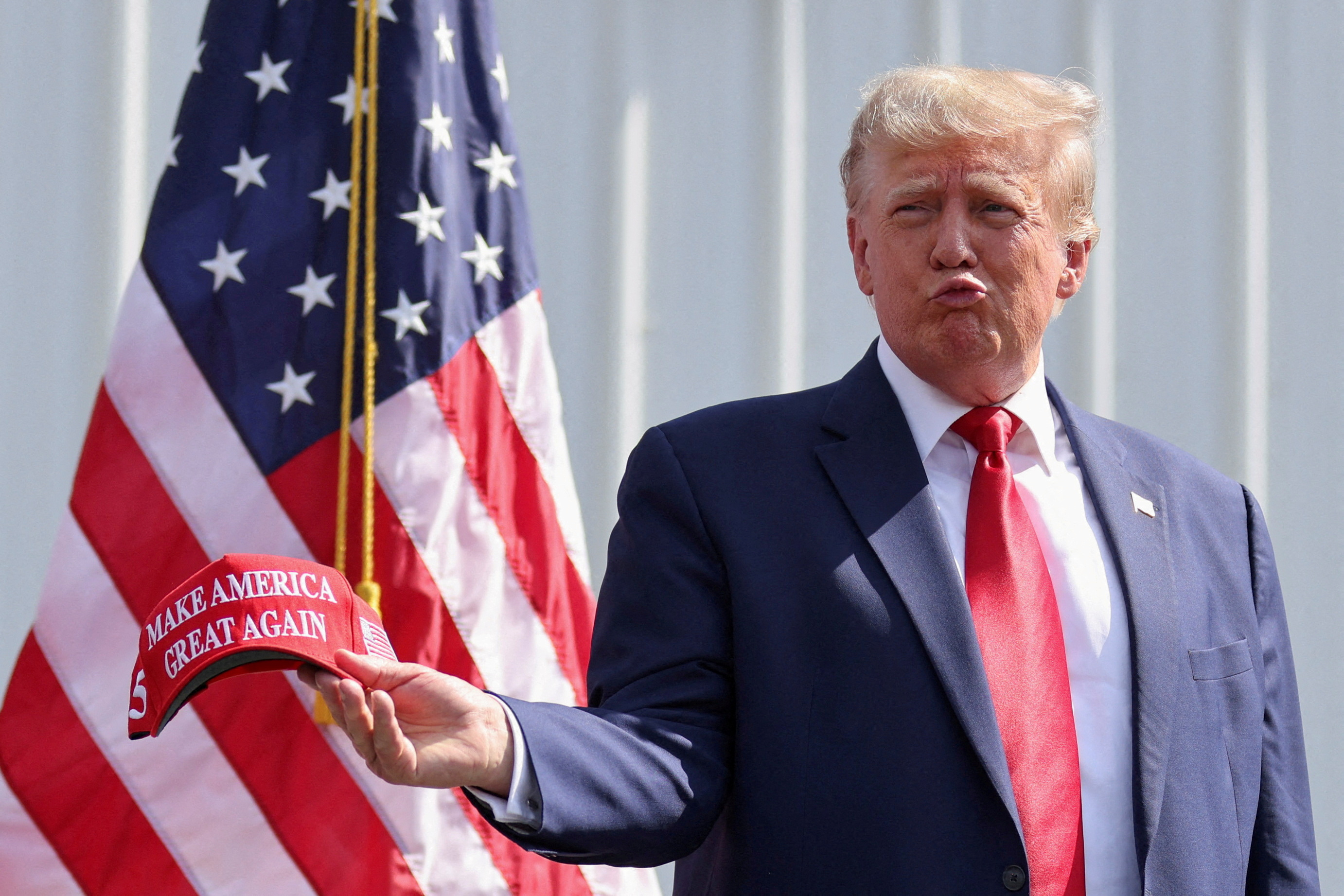
Widespread Concerns
In another move that highlights the Trump administration’s position on international issues, the US Vice President refused to meet with current German Chancellor Olaf Scholz.
One American official told Politico: “We don’t need to meet with him, he won’t be chancellor for long.”
This approach reflects the Trump administration’s strategy, which is betting that European voters will move toward populist parties, which could affect their governments’ policies in a way that negotiations and agreements cannot achieve.
“If you fear the will of your constituents, there’s nothing America can do for you,” Vance told the conference. “You need a democratic mandate to achieve anything of value in the years ahead.”
Vance’s speech raised questions about the future of the relationship between the U.S. and its European allies, as he appeared to reinforce the Trump administration’s vision of Europe taking more responsibility for its own security, while pushing for greater rapprochement between populist leaders across the continent.
The American intervention in European politics has also raised concerns about the extent to which the Trump administration is tilting the continent’s political balance.
As Europe prepares to face major security, political and economic challenges, American support for the populist right is reshaping the European political landscape according to an agenda that suits Trump and his allies.
Some observers say this could lead to rising tensions within the EU itself, particularly between countries that embrace liberal policies and those that are moving toward the far-right.
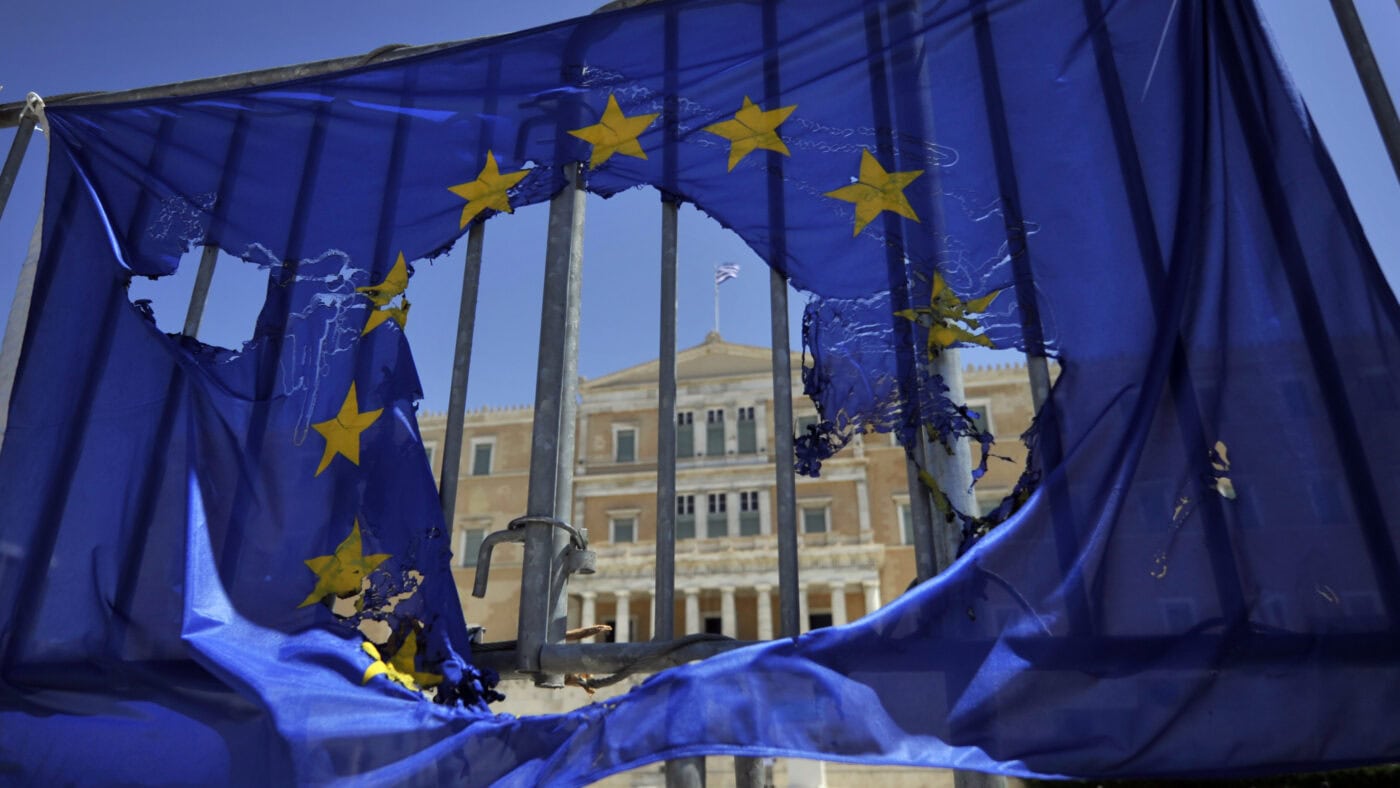
Fateful Decisions
According to Axios, Trump caused a state of shock to Europe and Ukraine last week after announcing the start of direct peace talks with Russia, without fully informing Ukraine or involving European leaders in the negotiations.
This decision also came as a shock to NATO, as European countries felt excluded from fateful decisions related to their national security, stressing that ignoring Ukraine and Europe means that the potential deal may be at the expense of Ukrainian interests.
It is noteworthy that this exclusion weakens NATO's position and makes the U.S. appear as an unreliable ally, and increases Russian influence in Europe, which may lead to additional division within the EU.
Trump’s aggressive approach has angered his European allies, with officials at the Munich Security Conference recently comparing it to mafia blackmail tactics, usury and colonialism, according to the Financial Times.

US Defence Secretary Pete Hegseth had raised eyebrows during his first visit to NATO, when he called on Europe to take responsibility for its own defence so the U.S. could focus on the more pressing threat from China.
This demand would force European countries to increase their defense spending, which would put pressure on their economies and would weaken the cohesion within NATO, which relies heavily on American military capabilities.
On the other hand, the behavior of countries such as Slovakia, Hungary, Austria and Croatia raises troubling questions about Europe’s ability to support Ukraine and confront Moscow’s threats. Meanwhile, Slovenia and the Czech Republic may witness similar paths this year.
Sources
- Under Trump, a U.S. that once united Europe now divides it
- Trump and Vance are courting Europe’s far right to spread their political gospel
- EU says Russia is the big threat, but US Vice President Vance disagrees
- Trump’s uphill battle to make NATO allies hit his mega defense spending target
- The Ukrainian mineral riches in Donald Trump’s sights
- Europe’s Trumpian nightmare


